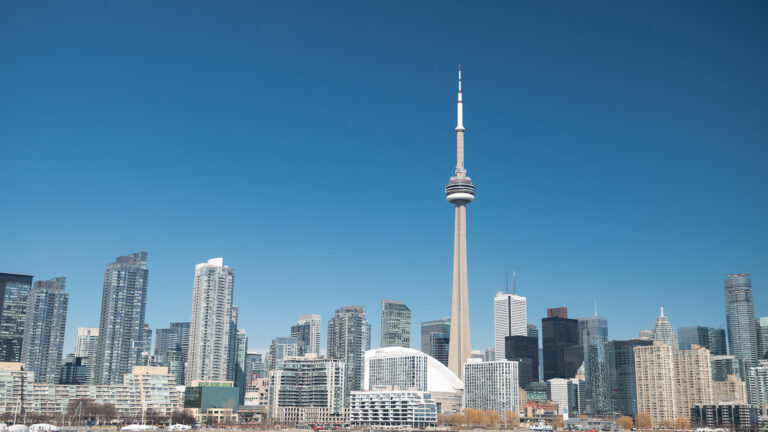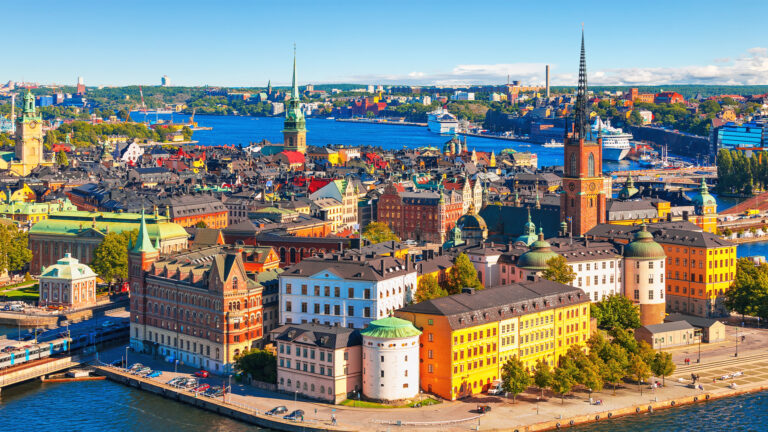By Mario Marroquin
A consortium of three sovereign wealth funds from the Persian Gulf have signed the Rabat Declaration, extending support to the Africa Sovereign Investors Forum (ASIF) initiative this week.
The Abu Dhabi Investment Authority, the Abu Dhabi Development Holding Company and the Kuwait Investment Authority joined 10 African sovereign funds at the launch of the investors forum in Rabat, Morocco, held on June 20.
The funds pledge to work alongside the African Development Bank and the Africa50 infrastructure investment platform to accelerate coordination and to mobilize capital to develop the continent.
“The African Development Bank’s partnership with ASIF and Africa50 would enable stronger collaborations on project development and co-financing, mobilization of capital to fund resilient, green and sustainable infrastructure and identification of investment opportunities to promote Africa’s infrastructure and industrialization,” Africa Development Bank Vice President Solomon Quaynor said in a prepared statement.
The following African funds agreed to join the forum this week:
- Agaciro Development Fund of Rwanda ($228 million AUM as of July 2021)
- Fonds Souverain de Djibouti ($120 million AUM, according to Sovereign Wealth Fun0064 Institute)
- Fonds Gabonais d’Investissements Stratégiques ($1.7 billion AUM)
- Fonds Souverain d’Investissements Stratégiques of Senegal ($846 million AUM according to SWFI)
- Fundo Soberano de Angola ($3 billion as of March 2021)
- Ghana Infrastructure Investment Fund ($325 million AUM)
- Ithmar Capital ($223 million, according to SWFI)
- Nigeria Sovereign Investment Authority ($3 billion AUM, according to SWFI) and
- The Sovereign Fund of Egypt ($12 billion in AUM, according to SWFI)
The African sovereigns signed a memorandum of understanding for continuous dialogue and to develop transformational and concrete investment projects.
According to a report from the International Monetary Fund from April, the Russian invasion of Ukraine has caused oil and food prices to surge in Sub-Saharan Africa after the region exceeded growth expectations in the second half of 2021.
The report from the IMF said all eight of the Sub-Saharan oil exporters may benefit from the increase in oil prices, while exporters of commodities such as gold, copper, diamonds and palladium may also benefit from rising costs.
Nigeria, Senegal, Mozambique and Tanzania may also benefit from efforts by European nations to diversify energy sources according to the IMF.
On the other hand, the IMF warned rising food costs may be especially damaging to sub-Saharan Africa given that the region imports 85% of its wheat and some countries source large portions of their imports from Ukraine and Russia.












